By my own admission, I do tend to focus far more on the environmental, physical and political aspects of the obesity crisis, than on the psycho-social aspect. My experience as a weight loss physician has taught me that biochemistry determines behaviour.
Biochemistry determines Behaviour
This means that overeating in the obese is a result of a biochemical or hormonal imbalance, rather than simply gluttony. Weight gain is under automatic control. You cannot will yourself fat, just as you cannot will yourself thin. If you deprive yourself of food for long enough, then your hunger hormones will go into overdrive and trump any ‘willpower’ you think you have. You will eat. Many overweight and obese people are leptin resistant. Leptin is a hormone secreted by fat cells. As you eat, it tells your brain that you have consumed enough energy and you can now move around and start expending it. Other hormones work in sync, to prevent you from eating more.
You then stop eating and feel like moving around. This is leptin in action, in an otherwise healthy individual. In the case of leptin resistance, signals indicating fullness reach the brain, but the brain no longer recognises them. The obese person will keep eating. In the most extreme cases, they will eat until they are physically sick. They also lack the desire to move around. Biochemistry determines behaviour. Weight gain is a result of hormonal imbalances. This is clear.
Comfort Eating
That said, there is no doubt that the vast majority of us, overweight or not, have a complicated emotional relationship with food. How often do we interrogate the relationship between what we eat and our mood? What impact does loneliness have on our food choices? We crave food when we are anxious or sad. We call it comfort eating. It goes without saying that the types of food that comfort us, are often not healthy choices. Creamy desserts, warm chocolate brownies, ice-cream, chips with cheese, creamy pasta……all sugar bombs. That is what we want. In fact, some may argue, that at that particular moment, that is what we need. We consume these foods, knowing all too well that they are unhealthy. However, that does not seem to deter us.
Loneliness and Social Isolation
We are in the midst of an epidemic of loneliness. Humans are deeply social animals. We have evolved to experience social rejection in the same way as physical pain. Millions are desperately lonely, even in the company of others.
A recent meta-analysis provided some evidence that social isolation was causing ill health, rather than the other way round. They estimated that loneliness can increase the risk of premature death by around 30%. The media reported that loneliness was ”as big a killer as obesity and as dangerous as heavy smoking”. The possibility of causation bias could be a factor in some cases, as people with a chronic disease are less likely to socialise with others. This makes it difficult to prove cause and effect.
Social isolation is a lack of contact with other individuals, while loneliness is the feeling that one is emotionally disconnected from others.
Our 24/7 lifestyles are becoming more and more unsustainable. ”Sleep is an inconvenience”, as one client told me. Rates of depression and anxiety are on the rise. Pressures to achieve financially and socially are huge. We seem to be anxious about everything. The desire for material wealth, for the most part, supersedes that for emotional health. We are lonely. Incredibly lonely, even in the company of others.
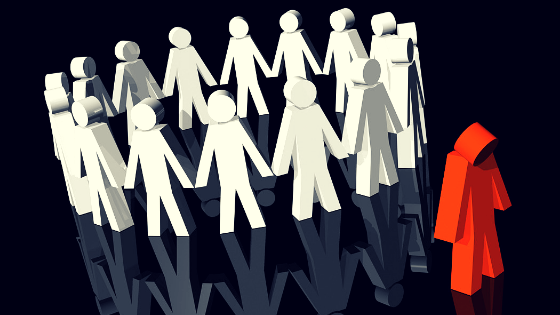
Loneliness | INSULEAN
We do not often, or will not make the time to foster close friendships. We live further from our parents and close relatives. Our traditional support structures have fallen apart as we relocate for work. Our secular society has done away with the Sunday Church Services, where we once received weekly doses of spiritual ‘filling’. Our isolated lives and the perpetual dissatisfaction with our achievements cultivate deep voids. Chasms of emptiness. All too often, these are filled with food, or drink. Not because we are hungry, but because what we are really hungry for isn’t available.
What we’re really hungry for isn’t available.
I wrote this piece to highlight the complex facets of weight gain and therefore, the importance of a non-judgemental, multidisciplinary approach to tackling the biggest health crisis on earth. I do not purport to have a comprehensive solution, but I do accept that acknowledging and addressing the psycho-social aspects of obesity is as important as addressing the physical aspects.

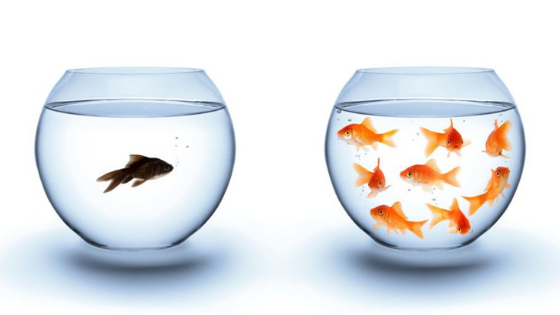
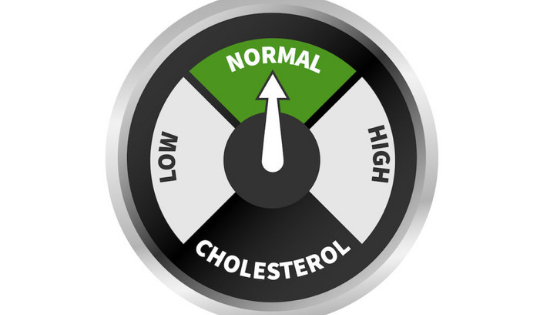
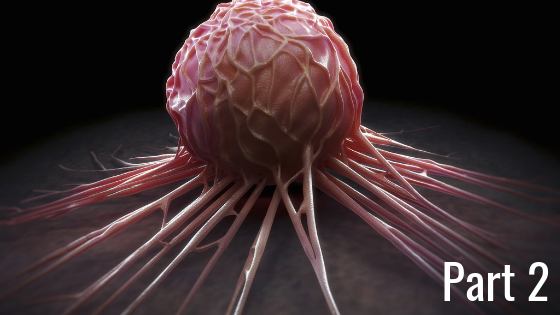
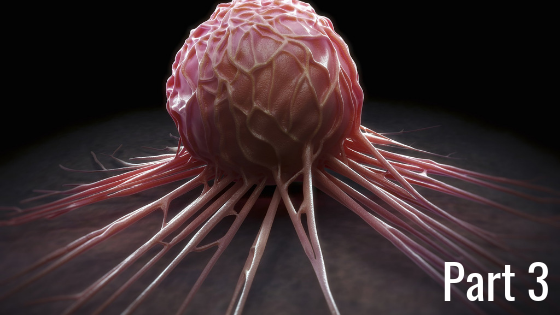

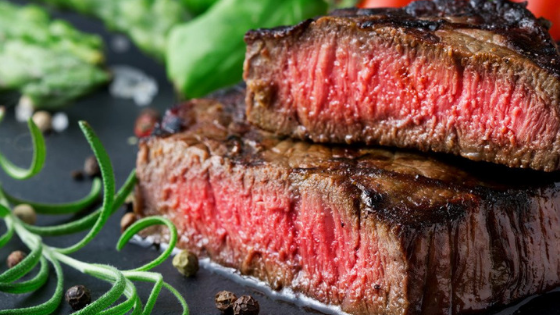
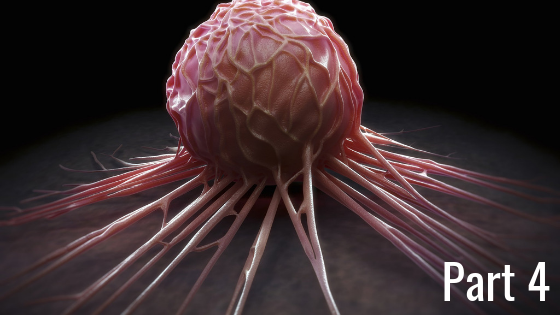
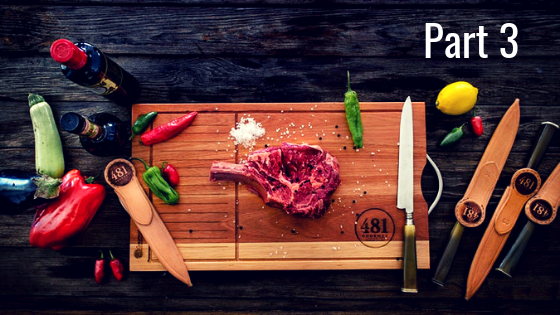

It is indeed a complex crisis that needs a multi-pronged approach. Thank you for the article to help us understand obesity a bit more and think about it more deeply.